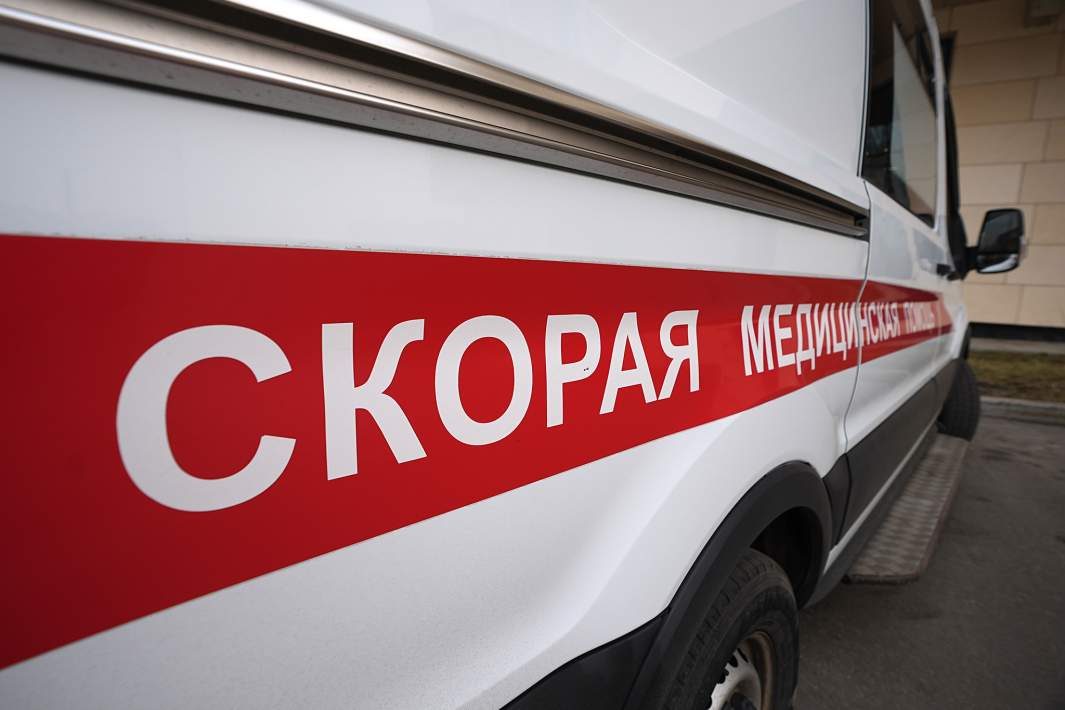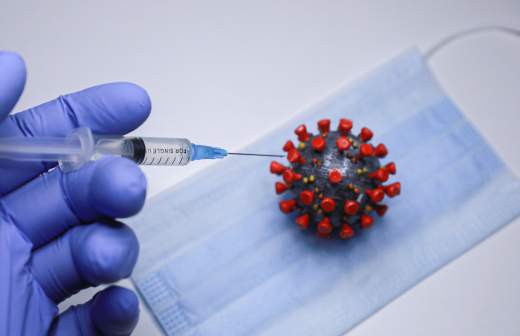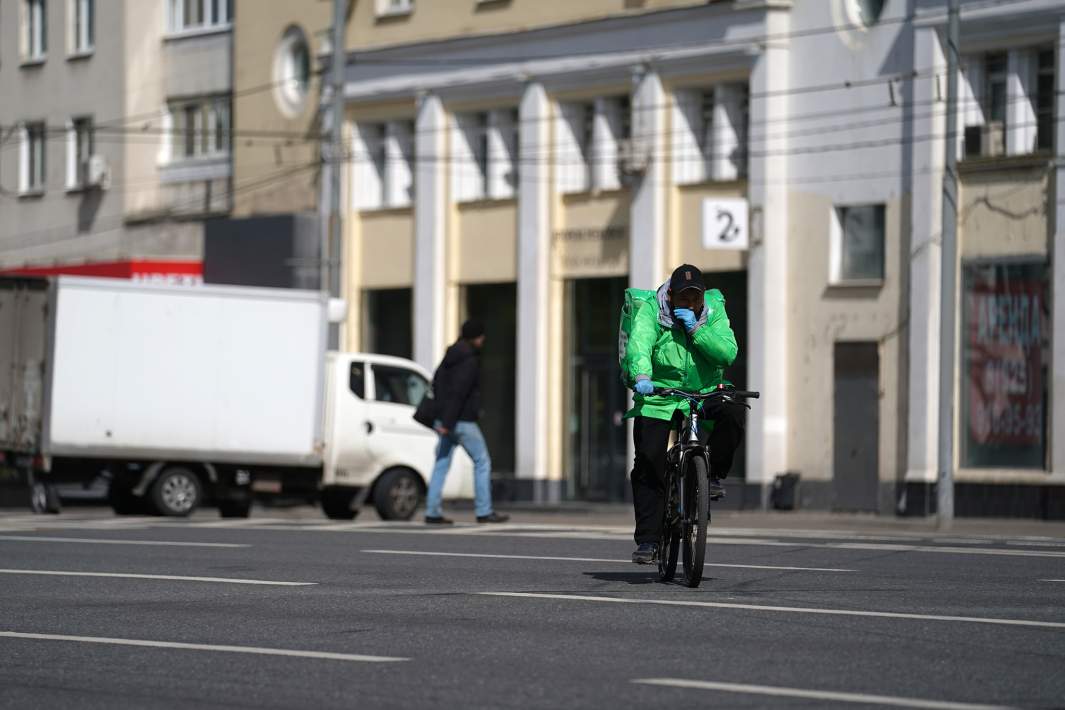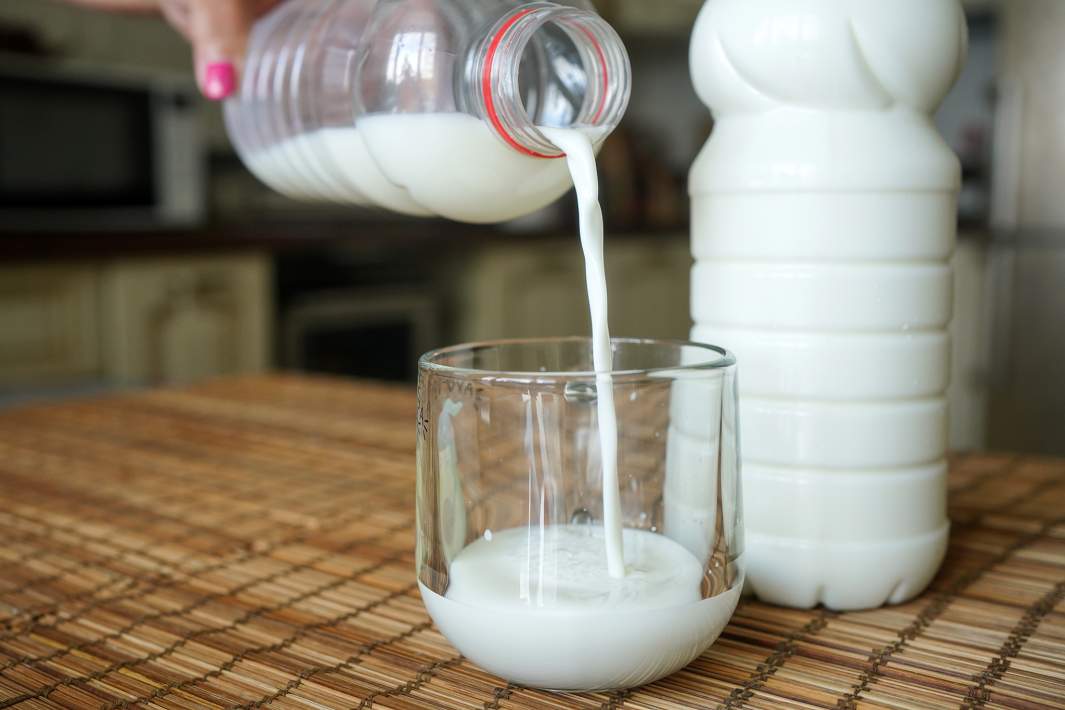Intestinal couple: salmonella was found in a kebab delivered from Magnolia
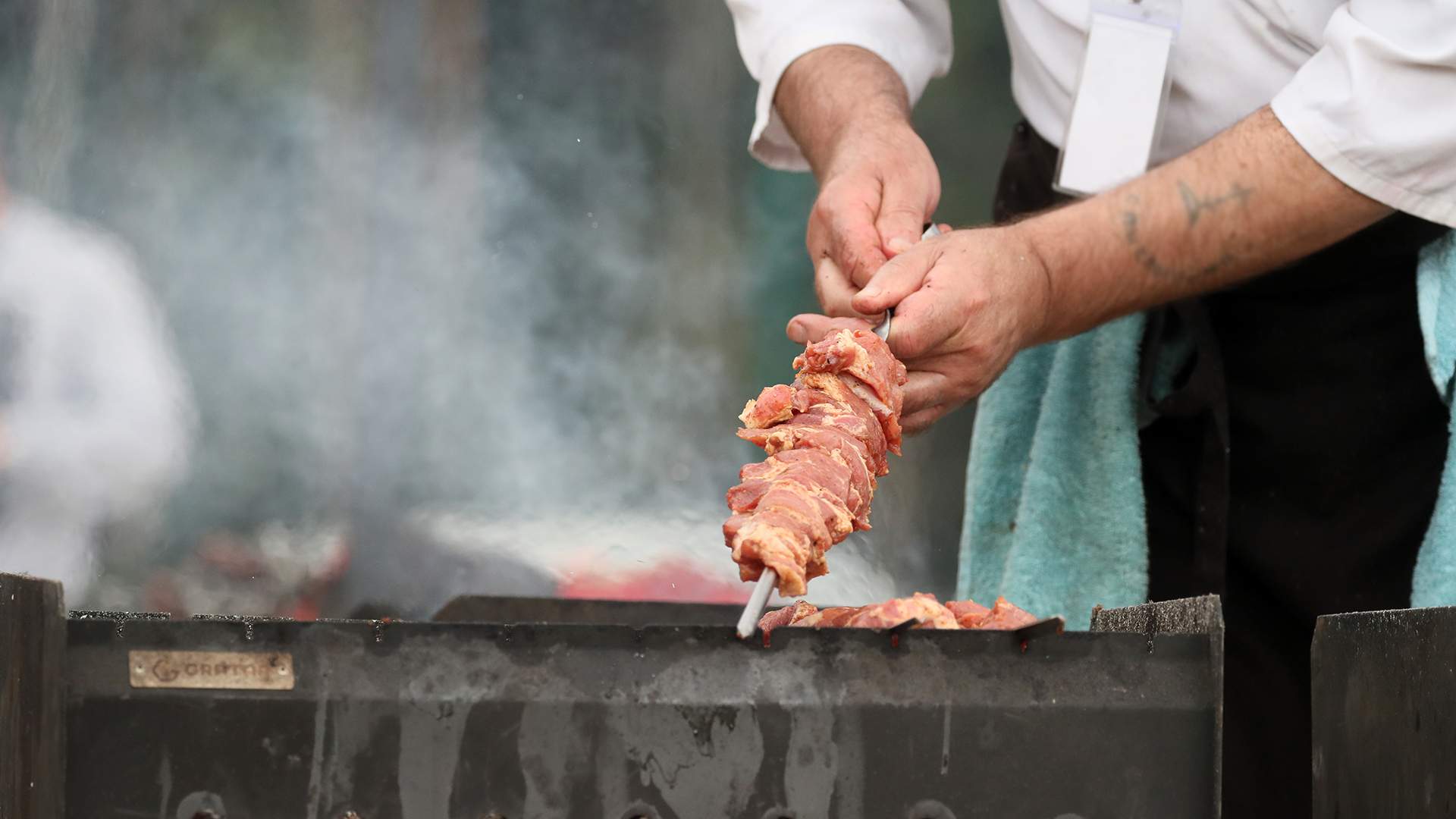
E. coli was found in three kebab blanks purchased by Izvestia in the Magnolia and Verniy stores, and salmonella was also found in one of them. These are the results of an inspection conducted in the laboratory of the National Center for the Safety of Fish and Agricultural Products. Earlier, we found similar problems in the products of the Miratorg brand and the OK supermarket. The infection could have occurred in production, and improper storage conditions in stores could have ensured the development of microorganisms, experts believe. Manufacturers do not exclude violations of the temperature regime during the delivery of products to the laboratory by courier service. However, the responsibility for the transportation of products lies with the retail chain, Roskachestvo told Izvestia. In addition, Izvestia correspondents found temperature violations and expired products in the Magnolia stores themselves.
Which meat has salmonella in it
Izvestia correspondents, continuing their investigation into the quality of products in domestic supermarkets, purchased three blanks for poultry meat kebabs from two chains — Magnolia and Verniy. At the same time, we deliberately repeated the "route" along which such products often end up on the table of an ordinary consumer — we ordered goods online on the official websites of retail chains, and arranged courier delivery — but not home, but immediately to the testing reference laboratory of the National Center for the Safety of Fish and Agricultural Products (FSBI NCBRSP). The couriers' journey from the shops to the laboratory took no more than an hour.
In the first sample, a package of turkey breast kebab with lemon peel of the IndiLite brand, delivered from the Magnolia store, laboratory specialists identified E. coli and salmonella. The packaging of the product indicates that it was produced by PenzaMolInvest LLC, located in the village of Ovcharnoye, Penza region.
E. coli was also found in the second sample, a chilled tobacco chicken in a marinade of the Troekurovo brand, purchased at the Verny store. A similar result, the presence of E. coli, was obtained by a study of the third sample, a semi—finished product for poultry meat kebabs, which is sold in the Magnolia store as products of its own production. On the packaging, CJSC "T& K Products", registered in Moscow, is indicated as the manufacturer.
Microorganisms were present in all samples of shish kebab. We are talking about the CMAFAnM index (the number of mesophilic, aerobic and facultative anaerobic microorganisms). It allows you to determine the condition of the product: it characterizes its quality, freshness and safety, and also shows the level of sanitary and hygienic regimes in production, storage and transportation conditions.
Exceeding the permissible standards of KMAFAnM indicates insufficient heat treatment of the product, violation of the sanitary and hygienic regime of production, rules of transportation and storage, experts explained.
It is impossible to give an unambiguous assessment of how the identified microorganisms got into the products, said Andrey Martsinkevich, head of the testing reference laboratory of the Federal State Budgetary Institution "NCBRSP".
"The samples were delivered from these stores by courier service and in violation of temperature conditions, which could serve as favorable conditions for the development of microorganisms," he explained. — In addition, such violations may occur due to violations of sanitary and epidemiological requirements in production.
The Magnolia store's website states that orders are collected just before shipment, following the instructions for storing each product.
"We create the necessary temperature regime for each product category, so frozen or chilled products are transported in containers with a certain temperature regime," it says.
Earlier, Izvestia, during its own investigation, found out that the promised free accommodation for employees of Magnolia stores turned into overcrowded rooms, unsanitary conditions and bedbugs.
How could the product be infected
Salmonella is a pathogenic microorganism, it forms directly in raw materials, in particular, in the meat carcass itself, Konstantin Derevskov, CEO of the Start Quality consulting company, explained to Izvestia. The causes of salmonella can be diverse, but more often they are related to the production process. Raw materials may be contaminated during the cutting stage, for example, due to the use of a dirty knife or insufficient sanitation.
"There are certain standards for the salmonella content in the product, and non—compliance with these protocols indicates violations, whether sanitary or technological conditions," he explained. — It should be understood that salmonella is the cause of a disease such as salmonellosis, which can be fatal.
According to Konstantin Derevskov, the development of salmonella in the store is possible only if the temperature regime of storage is violated. If the storage rate assumes a temperature of +2 to +6 degrees, and the product is stored at a temperature higher, for example, at +12 degrees, this can stimulate the growth and reproduction of bacteria.
In the shops of "Magnolia", as the correspondents of "Izvestia" were convinced, the temperature regime is not observed. Rospotrebnadzor inspections confirm this — after the previous Izvestia publications, the agency's employees bypassed 84 retail outlets of the network: violations of food storage conditions were detected in every third store, and labeling problems in every fifth. When checking the finished products of our own manufacture, it was found that there is no data on expiration dates, the time of manufacture is not specified, and the products themselves are sold without packaging, which means they serve as a breeding ground for pathogens.
Magnolia did not respond to our official request. In one of the stores, after inspections by Rospotrebnadzor, we again found an expired carbonade product.
It should be borne in mind that it is difficult for a shish kebab manufacturer to detect salmonella during the entry or exit control of each batch of goods, Konstantin Derevskov emphasized. Salmonella testing takes about two weeks, which exceeds the shelf life of many types of kebabs.
— The manufacturer himself determines the depth and frequency of control, however, ultimately, he is responsible for the release of a safe product, — said the expert. — If the laboratory test protocol shows an excess of the permissible level of salmonella, this indicates deficiencies in the production control system, and such a product must be disposed of. And the manufacturer is subject to administrative or even criminal liability, depending on the consequences.
Who is responsible for low-quality meat
Earlier, several more product samples were sent to the testing reference laboratory of the FSBI NCBRSP Izvestia - manufactured by Filhe Property LLC, Miratorg—Kursk LLC, Miratorg-Bryansk LLC (purchased from the Lenta and Auchan chains) and the OK hypermarket chain (own production).
Samples were also ordered online and delivered by courier service immediately to the laboratory within an hour. All the shish kebab samples contained microorganisms that got there during production. In addition, E. coli was found in two of them. Both are manufactured by Miratorg.
The responsibility for transporting food lies with the retail chain, Roskachestvo told Izvestia. This includes if the customer used its delivery service to transport products.
According to Oleg Pavlov, chairman of the Public Consumer Initiative, the current regulation does not prohibit anyone from taking samples of meat and meat products for laboratory research.
"The procedure can be organized by any interested parties," he stressed. — It should be borne in mind that before the goods are transferred to the buyer, the seller remains the owner of the goods, therefore it is he who is fully responsible for its quality and safety, including for microbiological sterility. If the product deteriorates during its delivery by the seller, the seller should be responsible for this, not the buyer.
According to the guidelines for the provision of food delivery services, the maintenance of the necessary temperature conditions during the transportation of food and ready meals is ensured by refrigerator bags or thermocontainers. The control is carried out using temperature measuring devices.
It follows from this that it is the retail chain that is responsible for the correct temperature regime during transportation. Izvestia used its own resources of federal distributors for delivery, such as, for example, Lenta, Okey, Auchan. Apart from Auchan, no one responded to the editorial staff's inquiries about what requirements they impose on their couriers and how the ordered products are transported.
"Online sales are one of the priority areas of activity, as well as a division of the Auchan Retail Russia retail chain. The orders are assembled and delivered by the partner company in compliance with the cold chain and using special thermal packages with refrigerating elements, they added. On average, one order takes 2-3 hours, the duration of delivery depends on the distance of the recipient," the network emphasized.
This is important because, for example, the manufacturer Miratorg specifically emphasizes in a letter to the Izvestia editorial board that the laboratory received samples that were stored incorrectly. This, according to the company, played a key role and influenced the research results. But whether this is really the case is unknown, because semi-finished products were transported by the leaders of the grocery industry in sales.
If salmonella is detected in samples weighing 25 g, we can talk about a violation of technical regulations, in this case for meat products, Pavel Shapkin, head of the National Consumer Protection Union, told Izvestia. According to him, it does not matter in what condition the samples of semi—finished products for barbecue were delivered to the laboratory - in principle there should be no such bacteria in the products.
— Laboratory specialists have recorded salmonella in the document, that's enough. Such a fact may become the basis for punishment under Article 14.43 of the Administrative Code "Violation by the manufacturer, seller of the requirements of technical regulations." The maximum penalty under this article for legal entities is up to 300 thousand rubles for each fact of detection," the expert noted. — Criminal prosecution of companies is possible only in proven cases of threats to the life and health of citizens.
Pavel Shapkin is sure that such a sample can be dangerous for the consumer. Firstly, the bacterium can get on products that are located next to such meat. Secondly, if the products are not properly processed and salmonella is not neutralized before the barbecue is cooked, you can get an infection. She is usually treated in a hospital with antibiotics, which sometimes requires a lot of effort, because specialists sometimes cannot make a diagnosis promptly.
What is the danger of salmonella?
Salmonella is an extensive group of microorganisms. Salmonella enterica is one of their species, Andrei Pozdnyakov, an infectious disease specialist and chief physician of the Invitro—Siberia clinical diagnostic laboratory, reminded Izvestia. It is very pathogenic to humans, including it can be the causative agent of typhoid fever and paratyphoid.
"Products that are infected with salmonella don't stand out in taste, color, or smell,— he said. — And it is impossible to identify them visually. Most often, the main risk groups for salmonella products include infected eggs, meat, milk, and offal. Infection occurs through the consumption of these products in food or by contact, this is important for farm workers who are engaged in animal husbandry.
Salmonella is an environmentally resistant microorganism, it can tolerate plus temperatures up to 70 degrees well and even multiply in this situation.
"But at a temperature of 70 degrees, even without boiling, salmonella will die in 10 minutes, and boiling kills it instantly," explained Andrey Pozdnyakov. — Accordingly, products at risk are those that are not subjected to good heat treatment. In practice, salmonellosis is most often contracted from birds and eggs that are used raw, for example, in confectionery creams.
The symptoms of salmonellosis are similar to those of a classic intestinal infection. Vomiting occurs most often, depending on the dose of the microorganism and the severity of the disease, there may be a severe fever, abdominal pain and diarrhea syndrome.
— Salmonellosis has a very characteristic stool, it is called "swamp mud type," the expert added. — After eating an infected food product or contact with an infected animal, it takes from 12 hours to several days, and the first symptoms of the disease appear. At this time, you need to contact an infectious disease specialist.
Trial lawyer Ilya Vasilchuk added that depending on the consequences of infection, the responsibility for those involved may reach criminal. In accordance with Article 236 of the Criminal Code of the Russian Federation, for violation of sanitary and epidemiological rules that inadvertently caused mass illness or poisoning of people or created a threat of such consequences, liability is provided in the form of imprisonment for up to two years.
If a person dies as a result of these violations, the responsibility increases in the form of imprisonment for up to five years. However, if two or more people die, the responsibility increases in the form of imprisonment up to seven years.
Переведено сервисом «Яндекс Переводчик»



